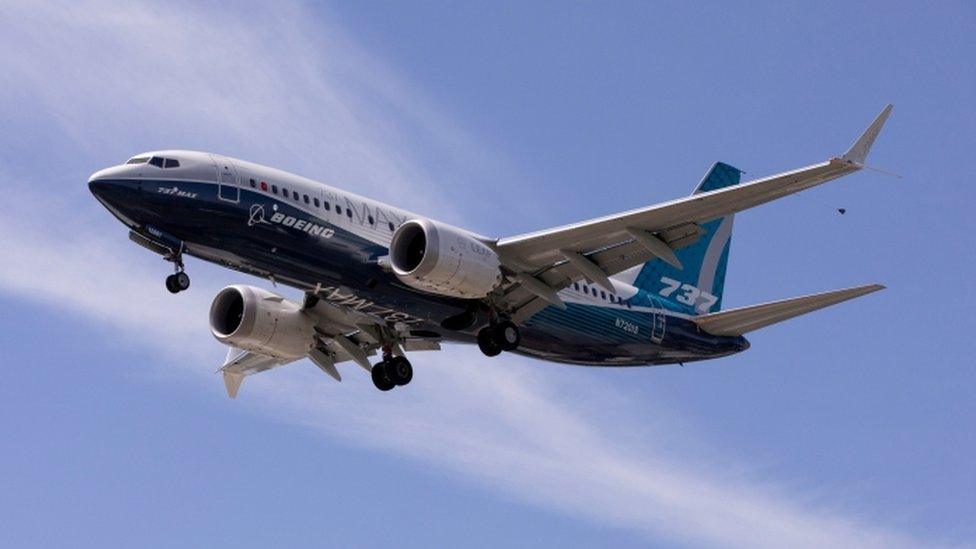EasyJet slumps to first annual loss amid pandemic
- Published
- comments
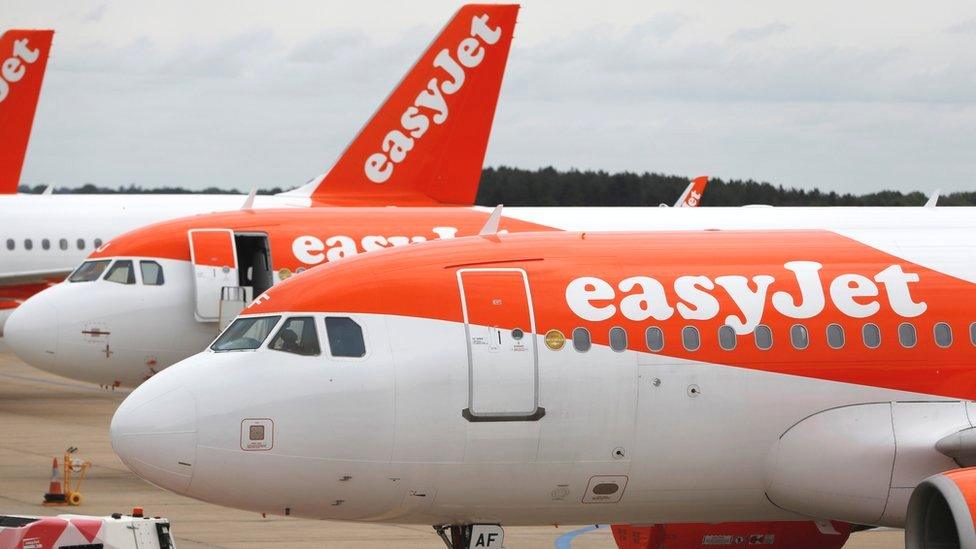
EasyJet has reported its first annual loss in the airline's 25-year history as the coronavirus crisis continues to affect the travel industry deeply.
The airline posted a loss of £1.27bn for the year to 30 September as revenues more than halved.
EasyJet added that it expected to fly at just 20% of normal capacity into next year.
The pandemic has hit airlines hard, with lockdowns and restrictions cutting the number of people travelling.
However, EasyJet welcomed the possibility of a Covid-19 vaccine being rolled out, and said underlying demand was strong for air travel.
Chief executive Johan Lundgren told BBC Radio 4's Today programme said that the recent developments on Covid vaccines "certainly is good news, because we know that is going to be a very critical part of the recovery".
"But I don't think it's only about the vaccine, I think it's also about the fact that we need to have testing in place, we need to have also refined development of the quarantine system," he added.
"We know that people want to travel. On the news of the vaccine last Monday, bookings were up close to 50%, so it just gives evidence to the fact that any good news that comes out of here makes people more confident making bookings going forward."
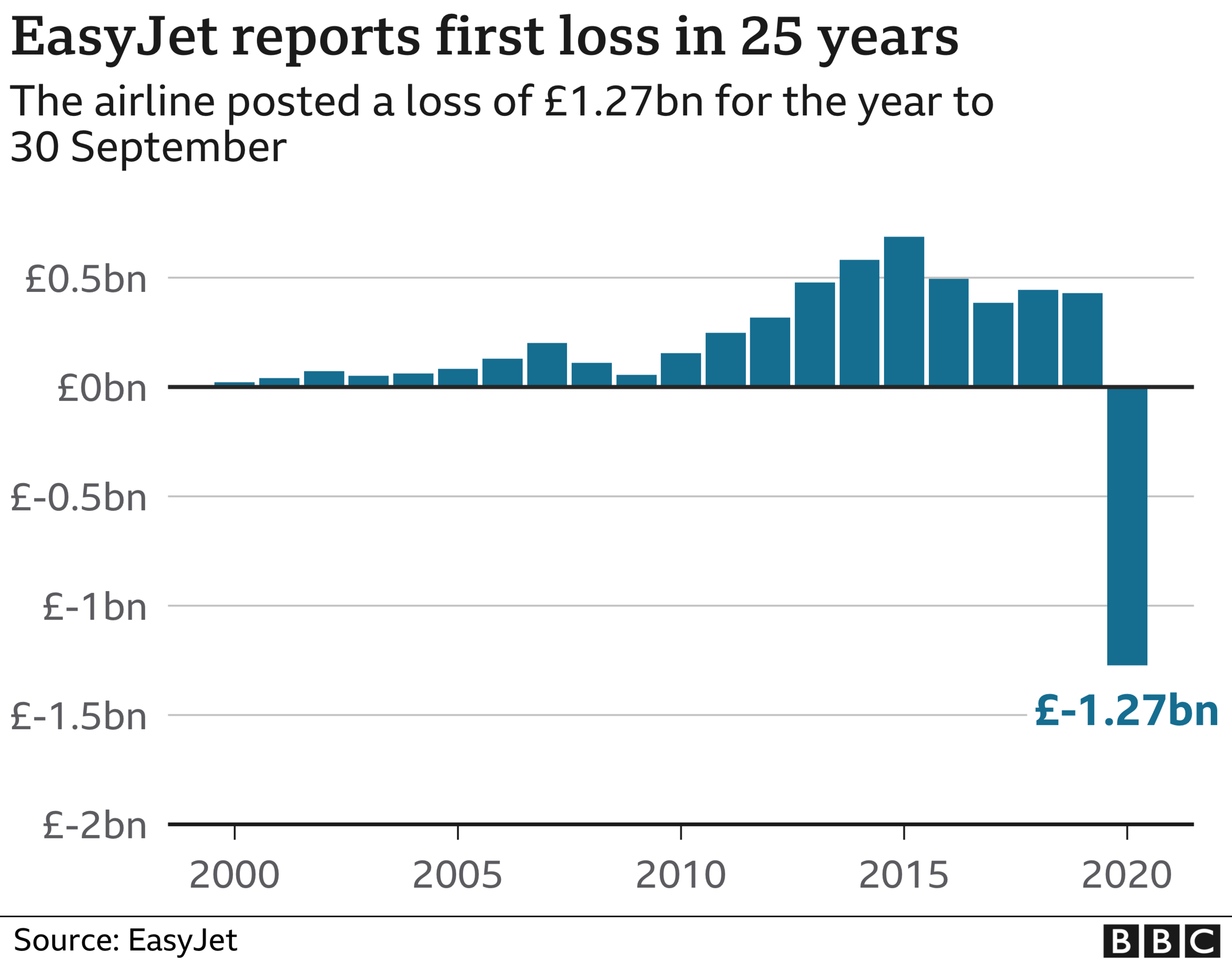
EasyJet's revenues plunged due to government travel restrictions in most of its markets, the airline said, external.
These included full national lockdowns, which led the airline to ground its entire fleet for 11 weeks.
There was some recovery in demand in the summer as lockdowns were eased, but widespread quarantine restrictions in September once again eroded demand, it said.


The news on possible vaccines may be good, but EasyJet is still hunkering down for a long, hard winter, running a fifth of its normal schedule.
The airline was one of the original standard bearers for low-budget aviation in Europe. Its business model has always been focused on cost control.
Even so, it has had to cut its outgoings aggressively in order to save cash. A tight belt has become even tighter - although deals with unions allowed it to tone down plans for sweeping redundancies.
The simple fact is that if airlines can't fly, they can't make money, and even a relatively lean operation like EasyJet will burn through cash.
But there is one positive. The airline believes that passengers still want to fly and demand will be there once travel restrictions have been removed.

Cash pressure
The pandemic has put great pressure on EasyJet's finances, forcing it to take on more debt, go to shareholders for extra cash, and sell dozens of its aircraft.
Mr Lundgren said that in the near future EasyJet should not need more than the £3bn it has already raised.
"No, we think we're in a good position at this moment in time," he told the Today programme.
"But we always also said that we're going to continue to review all the options that are out there to make sure we can cope with the circumstances, and you know, there's still a lot of uncertainty about when the recovery is going to take place."
EasyJet has been making use of UK government support, borrowing £600m in April.
The airline said on Tuesday that after talks with the Bank of England and the Treasury, it would extend its borrowing under the government Corporate Finance Facility scheme, and stagger repayments.
'Pent up demand'
EasyJet's results "show the stark reality of a global pandemic on a once profitable airline," said Julie Palmer, partner at Begbies Traynor.
"With the vaccine offering light at the end of a very long tunnel EasyJet will have to navigate its way through a lengthy winter saddled with considerable debt."
The airline's management "has administered some tough medicine" she said, including cutting its workforce and "even flying its planes slower to reduce its fuel bill".
"However, if EasyJet can keep its head above water it could really fly in the second half of 2021 as pent up consumer demand fuels a return to foreign holidays," Ms Palmer added.
- Published9 November 2020
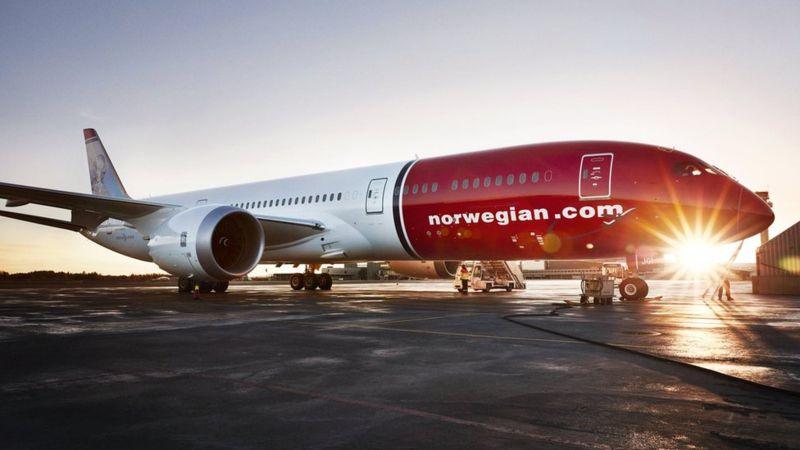
- Published5 November 2020
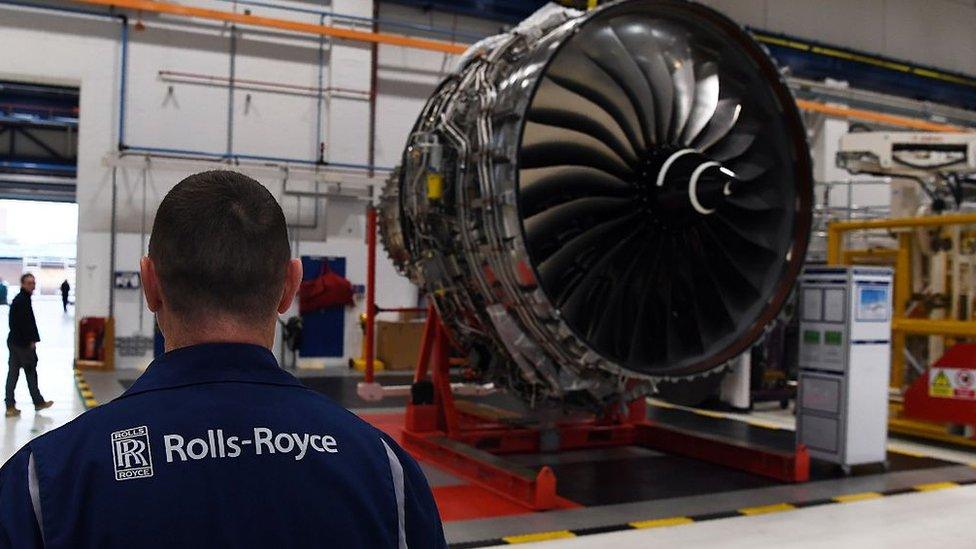
- Published28 October 2020
